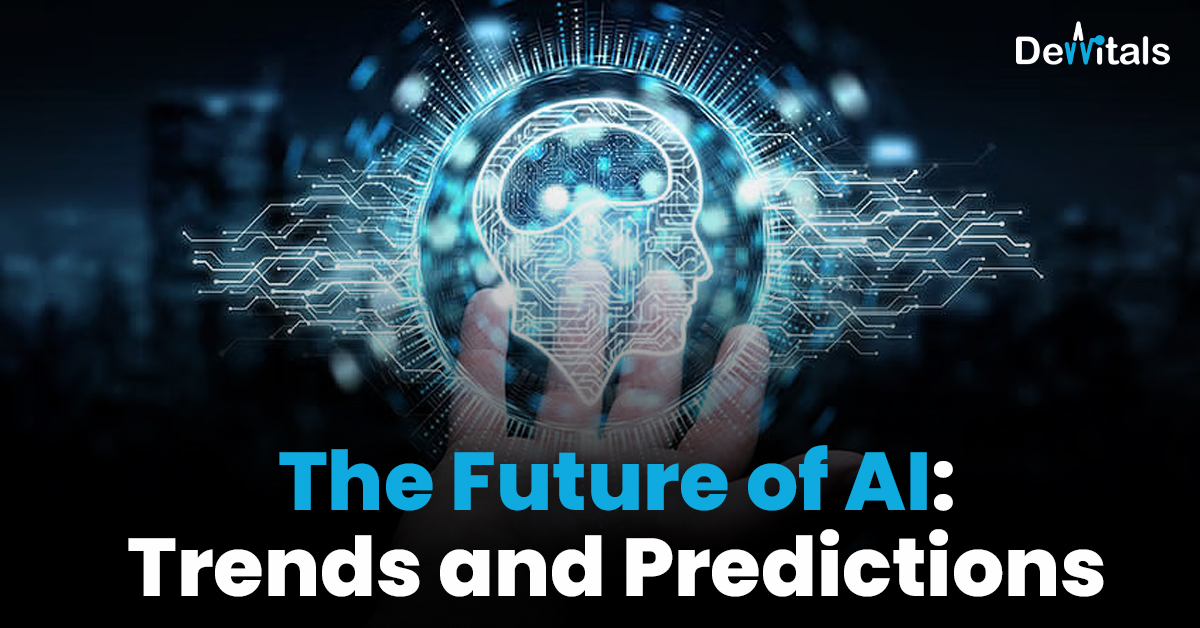Artificial Intelligence (AI) continues to evolve, shaping the technological landscape and influencing various industries. As we look ahead, it’s crucial to stay informed about the emerging trends that will define the future of AI. Here are some key predictions and trends that are set to impact the AI landscape in the coming years.
- Continued Growth in Machine Learning
Machine Learning (ML) is at the core of AI advancements, and its growth is expected to continue. With increased data availability and more sophisticated algorithms, ML applications will become even more pervasive. We can anticipate ML playing a pivotal role in diverse areas, from healthcare and finance to customer service and autonomous systems.
- Rise of Explainable AI
As AI systems become more complex, there is a growing need for transparency and understanding in their decision-making processes. Explainable AI (XAI) is gaining traction, focusing on developing AI systems that can provide clear explanations for their outputs. This is particularly crucial in sensitive domains such as healthcare and finance where accountability and interpretability are paramount.
- Edge Computing Integration
Edge computing, the concept of processing data closer to the source rather than relying solely on centralized cloud servers, is becoming increasingly important in AI. This trend reduces latency and enhances real-time processing capabilities, making it essential for applications like IoT devices, autonomous vehicles, and smart cities.
- Enhanced Natural Language Processing (NLP)
Natural Language Processing is advancing rapidly, enabling machines to understand and interact with human language more effectively. Improved sentiment analysis, language translation, and contextual understanding will enhance user experiences and open doors to more sophisticated AI applications in communication and content analysis.
- AI in Cybersecurity
With the rise of cyber threats, AI is playing a vital role in bolstering cybersecurity measures. Predictive analytics, anomaly detection, and behavior analysis powered by AI contribute to more robust security frameworks. As cyber threats evolve, AI will become indispensable in identifying and mitigating risks in real-time.
- Responsible AI and Ethical Considerations
As AI becomes deeply integrated into society, there is a growing emphasis on responsible AI practices. Ethical considerations, fairness, and avoiding bias in AI algorithms are gaining prominence. Companies and organizations are increasingly recognizing the importance of ethical AI development to ensure inclusivity and prevent unintended consequences.
- Conclusion: Navigating the AI Landscape
The future of AI holds immense promise, but it also brings challenges that require careful navigation. Staying informed about these trends is crucial for individuals and businesses looking to harness the full potential of AI while addressing ethical considerations. As we embark on this AI journey, a commitment to responsible development and continuous learning will be key in shaping a future where AI positively transforms our world.
Stay ahead in the tech game – embrace the future of AI!
#AI #ArtificialIntelligence #TechTrends #FutureTech


